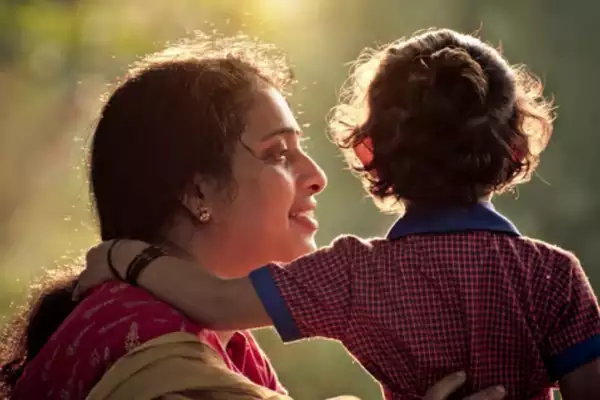The Union Ministry of Women and Child Development (MWCD) has introduced the revised Model Foster Care Guidelines (MFCG) 2024.
About Model Foster Care Guidelines (MFCG), 2024
- These updated guidelines replace the previous 2016 version and are designed to align with current legal frameworks, including the Juvenile Justice (Care and Protection of Children) Act, 2015, the JJ Model Rules, 2016, and the Adoption Regulations, 2022.
- They form part of the broader Mission Vatsalya Scheme, which aims to enhance the foster care system in India.
Need for Revision:
- The revision of the MFCG was driven by the need to address amendments in the Juvenile Justice Act, 2021, and the Model Rules, 2022.
- A significant shortcoming of the previous guidelines was their limitation of foster care to married couples, thereby excluding single individuals who were otherwise eligible for adoption.
Key Provisions
- Eligibility to Foster: The new guidelines expand eligibility to include any individual, regardless of marital status. This change opens the door for singles, as well as individuals who are unmarried, widowed, divorced, or legally separated, to foster children.
- Foster Adoption: The period required for a foster parent to adopt a child has been reduced from five years to a minimum of two years, facilitating quicker transitions to permanent adoption.
- Marital Stability: Married couples must now demonstrate a stable marital relationship of at least two years before becoming eligible to foster.
- Gender-Specific Provisions: Single females are allowed to foster and adopt children of any gender. However, single males are restricted to fostering and adopting male children only.
- Online Registration: Prospective foster parents can now conveniently register through the Child Adoption Resource Information and Guidance System (CARINGS), streamlining the application process.
- Age Requirement: The guidelines clearly outline age requirements for foster parents to ensure they are suitable for the responsibilities involved.
About Foster Care:
- Foster care refers to the temporary placement of a child with a family that has been selected and approved by the Child Welfare Committee.
- Typically, children eligible for foster care are over six years old and often come from child care institutions.
- This group frequently includes children with special needs or those who are difficult to place.
About CARA:
- The Central Adoption Resource Authority (CARA) is the central body responsible for overseeing child adoption in India.
- Established under the Juvenile Justice Act, 2015, CARA regulates both in-country and inter-country adoptions.
- CARA manages the adoption of orphaned, abandoned, and surrendered children through recognized adoption agencies, ensuring that the process adheres to the highest standards of care and legality.
Ref: Source
| UPSC IAS Preparation Resources | |
| Current Affairs Analysis | Topperspedia |
| GS Shots | Simply Explained |
| Daily Flash Cards | Daily Quiz |
Frequently Asked Question:
What is foster care?
Foster care is the temporary placement of a child with a family approved by the Child Welfare Committee, often involving older children or those with special needs.
What are the Model Foster Care Guidelines 2024?
The Model Foster Care Guidelines 2024 are updated rules that expand and streamline foster care eligibility and adoption processes in India.
Are there any gender-specific provisions in the MFCG 2024?
Yes, single females can foster and adopt children of any gender, while single males can only foster and adopt male children.
How can prospective foster parents register?
Prospective foster parents can now register online through the Child Adoption Resource Information and Guidance System (CARINGS).



